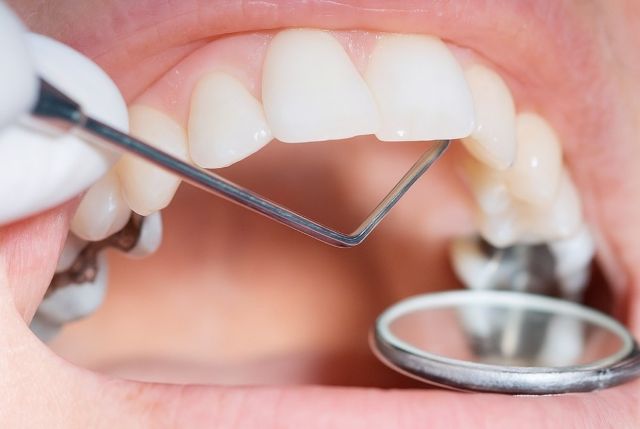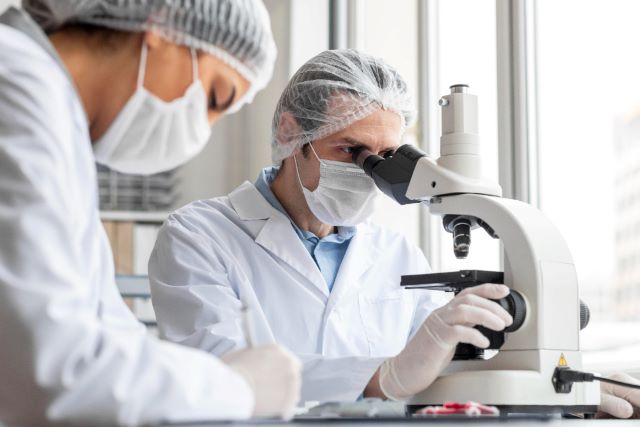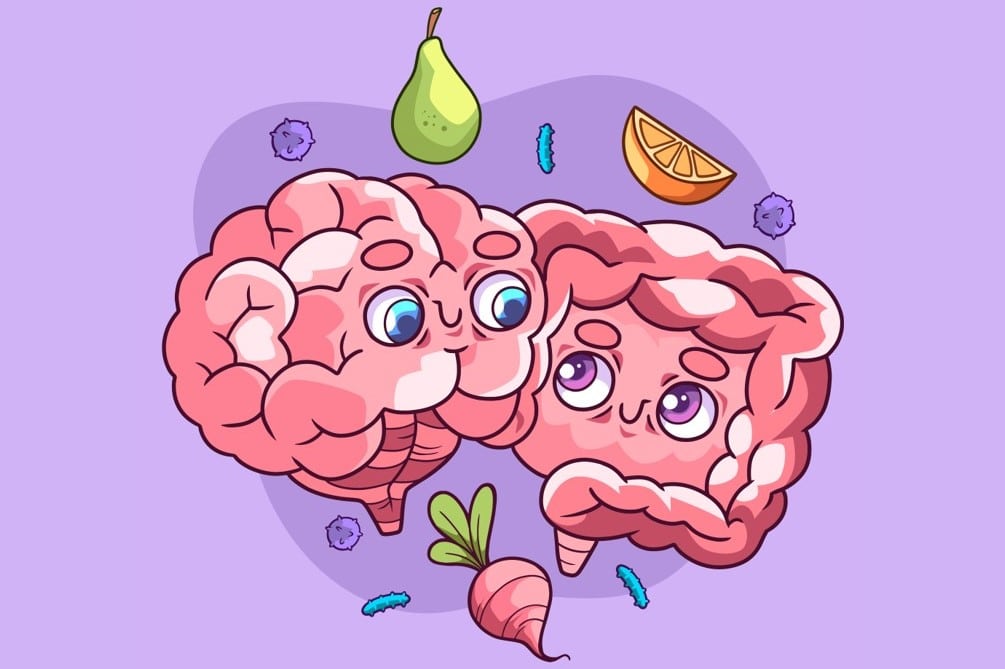Reset Your Health: Proven Dietary Strategies For Multisystem Conditions

Multisystem chronic conditions are disorders in which multiple body systems—such as the nervous, vascular, digestive, musculoskeletal, and immune systems—are affected simultaneously. Symptoms can range widely, from dizziness and pain to digestive issues and persistent fatigue.








